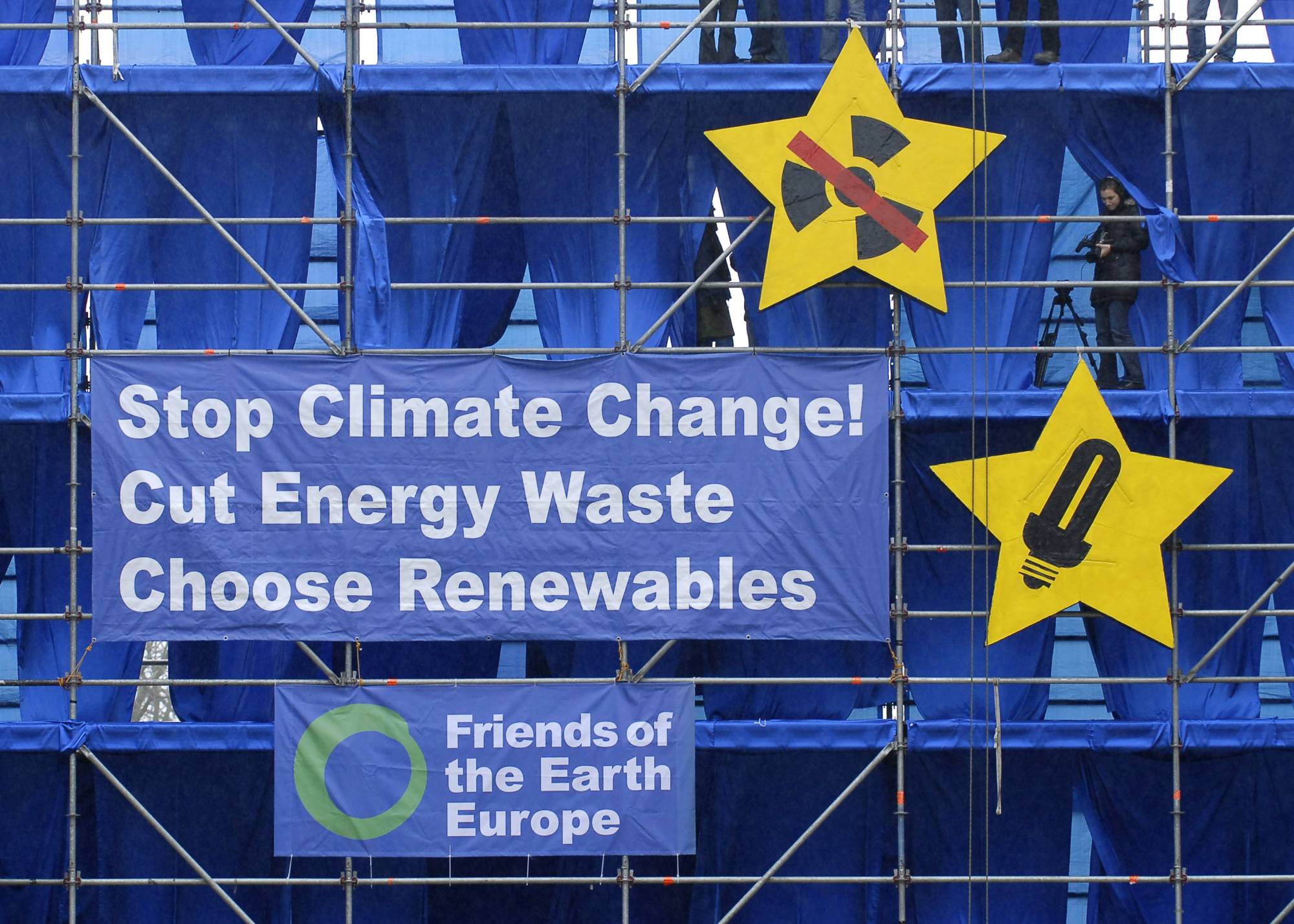In her first annual “state of the union” address this month, European Commission President Ursula von der Leyen confirmed that the European Union, with its so-called Green Deal, has committed itself to a new and pervasive form of government intervention in the economy. Apparently, the bureaucrats in Brussels think that they — and only they — know which technological pathways are best for building a sustainable future.
As such, they have devised wide-ranging plans to direct the economy accordingly. The enforcement mechanisms will include tighter regulations on carbon dioxide emissions from cars (thereby dealing a death blow to the traditional automobile industry); targeted grants; and a taxonomy for the “greenness” of private investment projects that, together with complementary actions by the European Central Bank, will effectively differentiate the interest rates at which companies in Europe can borrow in the capital market.
In adopting this approach, EU politicians are purporting to know things about the costs of avoiding carbon dioxide emissions that they in fact do not know. But because they will be spending other people’s money rather than their own, they have no incentive to seek out potentially less expensive methods of avoiding or reducing emissions. A naive faith in the wisdom and honesty of central planners — a fatal attraction we thought we had overcome in 1989 — is rearing its ugly head in Europe once again.



















With your current subscription plan you can comment on stories. However, before writing your first comment, please create a display name in the Profile section of your subscriber account page.